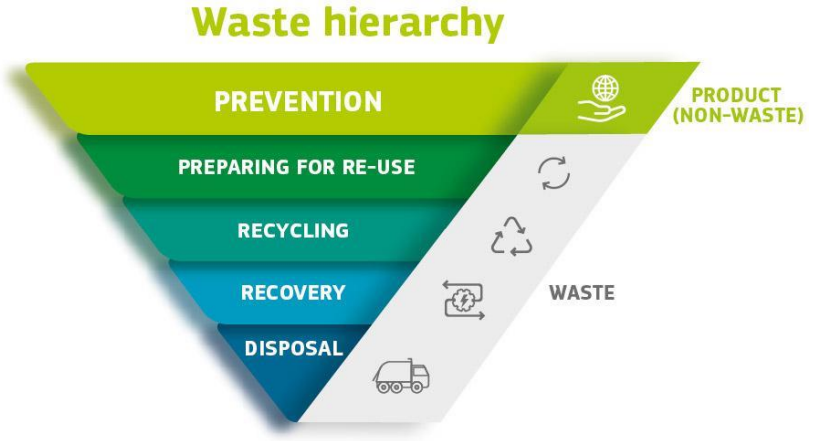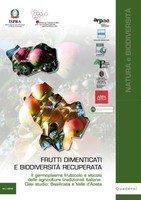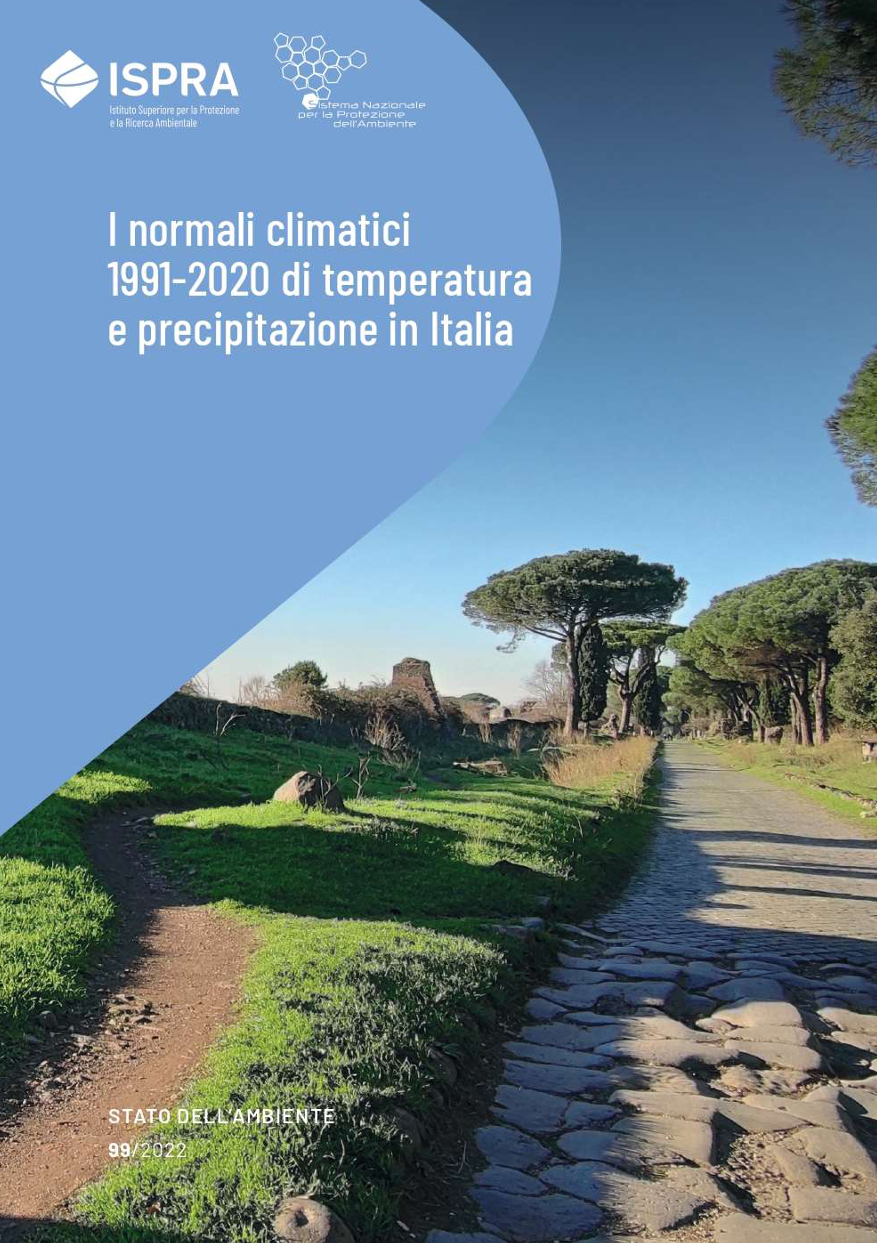Regolamento (CE) n. 1379/2007
Regolamento (CE) n. 1379/2007 della Commissione, del 26 novembre 2007 , recante modifica degli allegati I A, I B, VII e VIII del regolamento (CE) n. 1013/2006 del Parlamen...
ID 22535 | 10.09.2024 / In allegato EN / IT
Ad Agosto 2024 è stato pubblicato l’aggiornamento di:
- Protocollo sulla gestione dei rifiuti C&D in UE
- Linee guida per gli audit sui rifiuti prima dei lavori di demolizione e ristrutturazione degli edifici.
La Commissione UE ha introdotto tali documenti per aiutare gli operatori a migliorare le pertinenti pratiche in tutta Europa della gestione dei rifiuti da costruzione e demolizione.
Sebbene questi documenti non siano giuridicamente vincolanti e non sostituiscano la legislazione nazionale, sono strumenti importanti per aiutare gli attori locali nella gestione dei rifiuti C&D.
_______
Construction and demolition waste (CDW) is the largest waste stream in the EU, representing almost 40% of the total waste generated. It is estimated that the total CDW outflow as a result of demolition and renovation activities will double, in absolute terms, between 2020 and 2050.
The amount of recovered CDW has increased over time, thanks to EU initiatives promoting preparing for re-use and recycling. However, most CDW is treated primarily by backfilling or low-grade recovery. Although re-use, preparing for reuse and recycling options exist, they are not sufficiently implemented. Evidence also shows that by increasing re-use, preparing for re-use and high-quality recycling of CDW in the EU, significant amounts of GHG emissions could be saved, thereby providing an important contribution to mitigating climate change.
More material efficiency and circularity in CDW management could contribute to the overall circularity of the EU economy, the reduction of environmental impacts from mining and production of primary raw materials as well as EU access to critical and strategic raw materials.
The waste hierarchy provides clear guidance on the prioritisation of waste management options and should be considered in C&D projects and CDW management.

Figure 1 The compass for EU waste management is the five-step «waste hierarchy» set up in the Waste Framework Directive. It establishes an order of preference for managing and disposing of waste
Regulatory, technical, economic and awareness barriers hinder the widespread preparing for re-use and recycling of CDW in the EU.
CDW management varies country by country and depends on national legislation, established practices and infrastructure. Poor demolition and collection practises represent a bottleneck, as resources from demolition and renovation may often be contaminated and cannot easily be prepared for re-use or recycled. Perceived high costs of recycling and other economic constraints contribute to the lack of well-functioning markets for some CDW fractions, and the lack of knowledge of recycling schemes and other solutions and coordination between actors represents yet another barrier.
The ‘EU Construction & Demolition Waste Management Protocol’ and the ‘Guidelines for waste audits before demolition and renovation works of buildings’ were initially published in, respectively, 2016 and 2018.
Their aim was to increase confidence in the CDW management process and the trust in the quality of CDW recycled materials, by sharing a set of rules and best practices to function as inspiration for practitioners and policymakers.
While the objective of the revision of the Protocol - which now incorporates the guidelines for audits before demolition and renovation works of buildings - is to bring the document in line with recent policy and technological developments, its overall aim remains unchanged:
This revised Protocol aims to enhance CDW management processes at all stages of the value chain and increase the confidence in the quality of products prepared for re-use and materials for recycling. This document sets a number of rules and includes examples of best practices, technologies and tools from across the EU in the following areas:
- Identification of CDW and construction products through pre-demolition and pre-renovation audits
- Selective demolition
- Source separation and collection
- Preparing for re-use and recycling
- Waste logistics
- Waste processing
- Quality management
- Policy and framework conditions.
Achieving the aims of the Protocol requires know-how and cooperation between all stakeholders of the value chain.
add attached
EU Publications
Collegati
Regolamento (CE) n. 1379/2007 della Commissione, del 26 novembre 2007 , recante modifica degli allegati I A, I B, VII e VIII del regolamento (CE) n. 1013/2006 del Parlamen...

ISPRA Quaderno 10/2018
Il germoplasma frutticolo e viticolo delle agricolture tradizionali italiane. Casi studio: Basilicata e Valle d'Aosta
Con la pubblicazi...

I valori normali climatici sono i valori medi o caratteristici di una variabile climatica in un periodo di riferimento sufficient...
Testata editoriale iscritta al n. 22/2024 del registro periodici della cancelleria del Tribunale di Perugia in data 19.11.2024